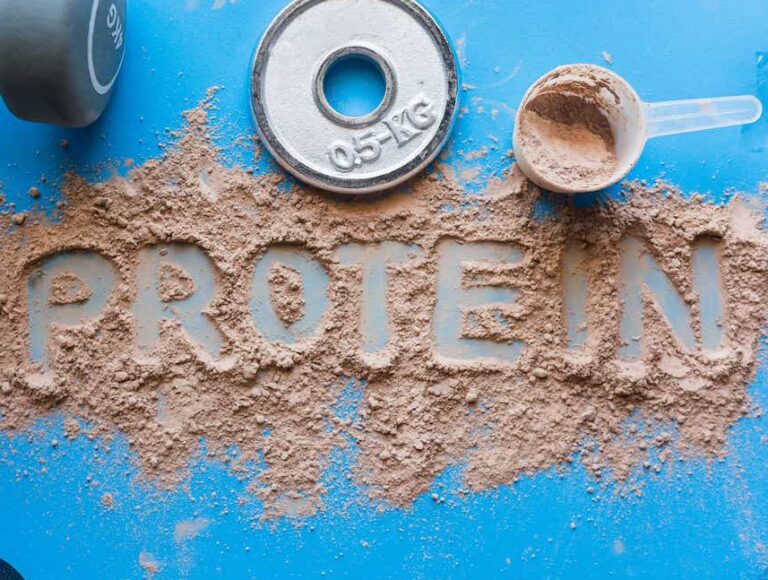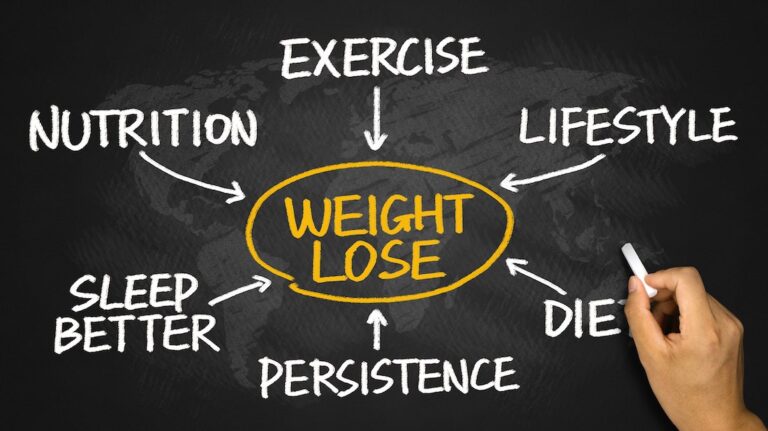It’s a late Sunday night and you, as a passionate entrepreneur, know you have a lot of important things happening this week. But maybe you’re like many others and don’t feel like your energy levels and mood are at their peak all the time. What if I could tell you that there is a solution to this problem?
Imagine waking up every morning with renewed energy and clarity, ready to tackle the challenges that await you. Imagine your productivity and focus increasing, and your ideas flowing easier and faster than before. Sound tempting?
The solution may actually lie in your diet. The ketogenic diet has been shown to improve energy levels and focus, especially for people experiencing ADHD symptoms. By changing the way you eat, you can achieve a healthier and more balanced lifestyle that will help you achieve your dreams and goals as an entrepreneur.
Maybe it’s time to consider making a change. Learn more about the keto diet and try it for yourself. This could be the key to restoring balance in your life and becoming the best version of yourself – an entrepreneur who succeeds with full energy and focus.
Need a solution that makes it easy to stick to a diet? Click here to read what can make it easier.
Ketogenic diet and ADHD
The ketogenic diet involves a low intake of carbohydrates and a higher intake of fat, leading to a metabolic state called ketosis. ADHD, like epilepsy, is a neurological disorder and there has been evidence that a ketogenic diet can reduce ADHD symptoms.
Heidi Pfeifer, a clinical nutritionist, has been treating epilepsy in children for over 20 years and has seen ADHD symptoms improve when children follow a ketogenic diet (Gregory, 2022). A 2001 study at Johns Hopkins (Pulsifer et al., 2001, ) study also found “significant behavioral improvements in attention and social functioning” in children with epilepsy who followed a ketogenic diet.
Why will a low-carb diet help with symptoms?
Low-carb diets, such as the ketogenic diet, can help with ADHD symptoms and concentration for several reasons. Here are some of the most important factors:
- Stabilization of blood sugar: Low-carb diets help keep blood sugar levels stable, which can prevent the energy swings and mood swings often associated with ADHD.
- Increased production of ketones: When the body switches to burning fat as energy instead of carbohydrates, ketones are produced which act as an efficient energy source for the brain, which can improve concentration and focus.
- Reduced inflammation: Low-carb diets have been shown to reduce inflammation in the body, which in turn can have a positive effect on brain function and ADHD symptoms.
- Improved sleep: Many people with ADHD experience sleep problems. Low-carb diets can improve sleep quality by stabilizing blood sugar levels and reducing inflammation.
- Eliminating foods that can exacerbate ADHD symptoms: Low-carb diets often involve cutting out processed foods, sugar and other foods that can contribute to increased hyperactivity and impaired concentration in some people with ADHD.

Possible disadvantages of the ketogenic diet
Initially, in some cases, ADHD symptoms can get worse in the first few days if you are not good at controlling your electrolytes. You may experience temporary side effects such as headache, fatigue, irritability, nausea and sleep problems during the initial period.
Individual approach to ADHD treatment
It’s important to remember that each individual with ADHD is unique, and what works for one person may not work for another. For some, more conservative measures such as adding omega-3 fatty acids, reducing intake of processed and packaged foods, or trying a hypoallergenic diet can be effective in treating symptoms. Others require a much stricter more restrictive diet to reverse the symptoms.
However, it is important that you consult with a doctor or knowledgeable person before making any major changes for you or your child in connection with ADHD treatment.






